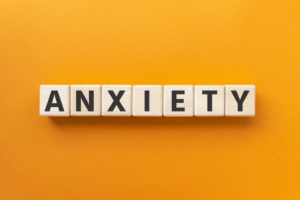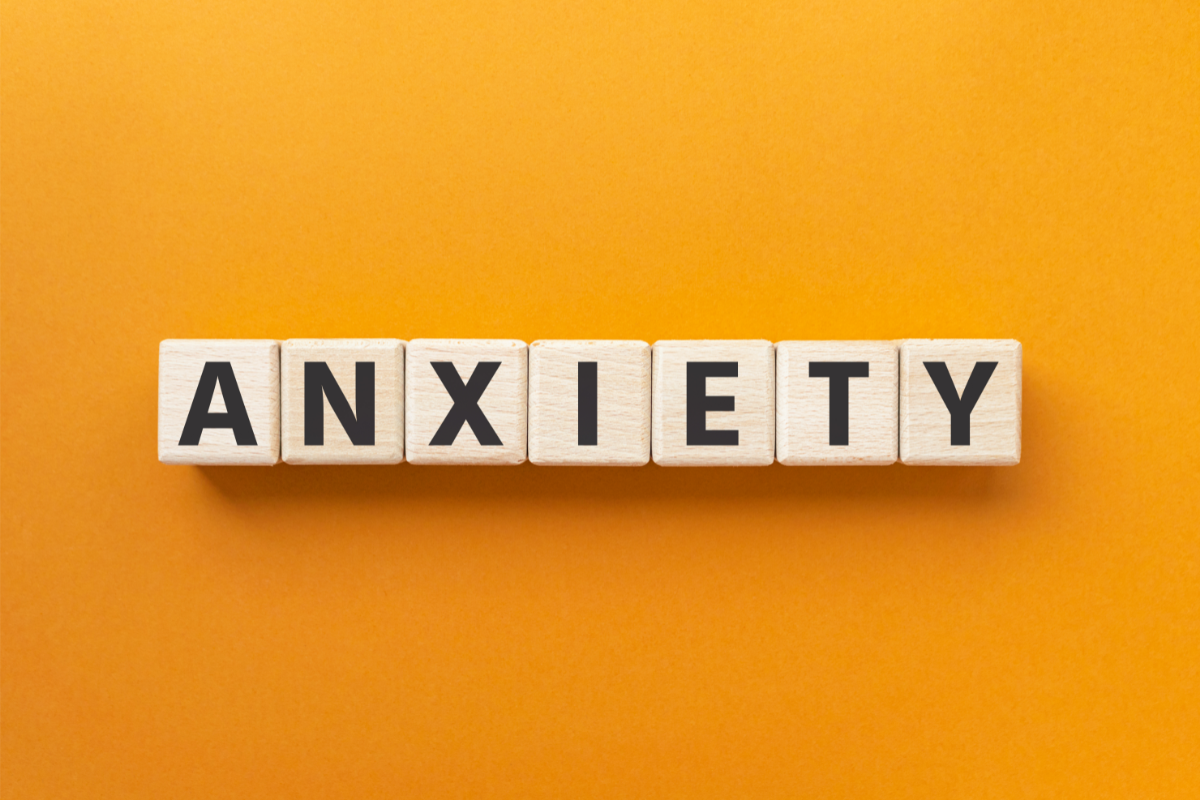In Episode 16 of our podcast, Dr. Alison talks about how she contracted Lyme disease and developed anxiety as a result of the impact it had on her nervous system. Underlying disease is only one of the many things that can trigger anxiety. Childhood trauma and adverse experiences top the list of anxiety sources in most people, but did you know diet, physical environment and hormones can also play a role?
There are a number of somatic triggers that can cause anxiety, depression, panic and other mental health issues.
Let’s take a look at five everyday anxiety triggers that may surprise you.
- Nutritional/vitamin deficiencies – Clinical studies have shown that experiencing low levels of important vitamins, such as B12, D, zinc, and magnesium, can lead to anxiety and depression.
- Alcohol – Alcohol impacts GABAA receptors, the brain chemical that induces relaxation in the body. Heavy and/or prolonged alcohol usage can diminish GABAA level, leading to anxiety and panic.
- Unhealthy environment – Exposure to an environment that’s high in physical and emotional stressors can induce anxiety. Physical factors such as harsh lighting, loud noise, or pollutants can trigger anxious feelings. Similarly, spending time in an environment where you experience high stress, abuse, discrimination or bullying can stir up anxiety.
- Hormonal imbalances – Estrogen and testosterone imbalances are linked to anxiety. Too low levels of estrogen, common during postpartum, perimenopause, and menopause, can lead to mood dysregulation. Too much of the stress hormone cortisol can also contribute to anxiety.
- Thyroid issues – The thyroid is responsible for neurotransmitters such as serotonin, the chemical that regulates your mood. An under or over-functioning thyroid can trigger anxiety and panic attacks.
Unexplained anxiety can stem from a number of causes ranging from an underlying disease to working in an over-stimulating environment. If you are experiencing symptoms of anxiety, assess your lifestyle and work with your medical provider to pinpoint the source and come up with a plan to remedy it.

